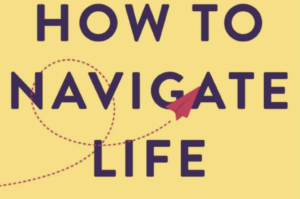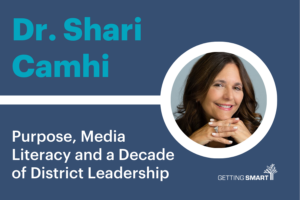Good Work: Embracing Paradox

What leaders are called upon to do in a chaotic world is to shape their organizations through concepts, not through elaborate rules or structures. -Margaret Wheatley
Work is getting more complicated every day. Bosses used to have all of the information and all of the answers. Most jobs today require you to think for yourself and the questions are getting tougher. Many jobs seem to be rich in paradox, two things that cannot both be true but must be.
Managers seek to balance relationships and results. They craft a common agenda but honor differences. They hold people accountable but encourage creativity. Effective managers are conscious of the balancing act; they carry around a couple important questions and use them to focus their learning. They find challenge in the engineering questions surrounding cost and quality challenging but attend to the questions of heart and mind.
A powerful mixture of market demands for tailored solutions and the prevalent managerial psychology of empowerment lead to a pendulum swing away from centralized organizational control to unit-based management in1990’s. After a decade of mixed reviews regarding corporate decentralization and educational site-based management, the pendulum of conventional wisdom is swinging back to the middle reaffirming the need for a clear identity and a coherent strategy set. The mobile revolution of the last few years has added new questions about employee and customer interactions. Paradox is the tension inherent in a multi-unit organization; low cost and customer centered, common identity and market driven, directed and empowered, accountable and responsible. An organization’s strategy is a temporary balance in the paradox.
“Globalization demands something different of managers: not just solving problems, but learning to live with conflicting priorities, often between headquarters and local units,” said Stephen Rhinesmith in Learning to Live with Paradox. “Managing paradoxes effectively requires emotional intelligence and processes that encourage trusting relationships across borders.”
Paradox, if accepted, offers no easy answers for managers or organizations but it does guide learning. There are no right answers, only temporary agreements that honor the opposing truths found in the question. Avoid “either-or” and embrace “both.” Accept the creative tension. Live in the important questions.







0 Comments
Leave a Comment
Your email address will not be published. All fields are required.